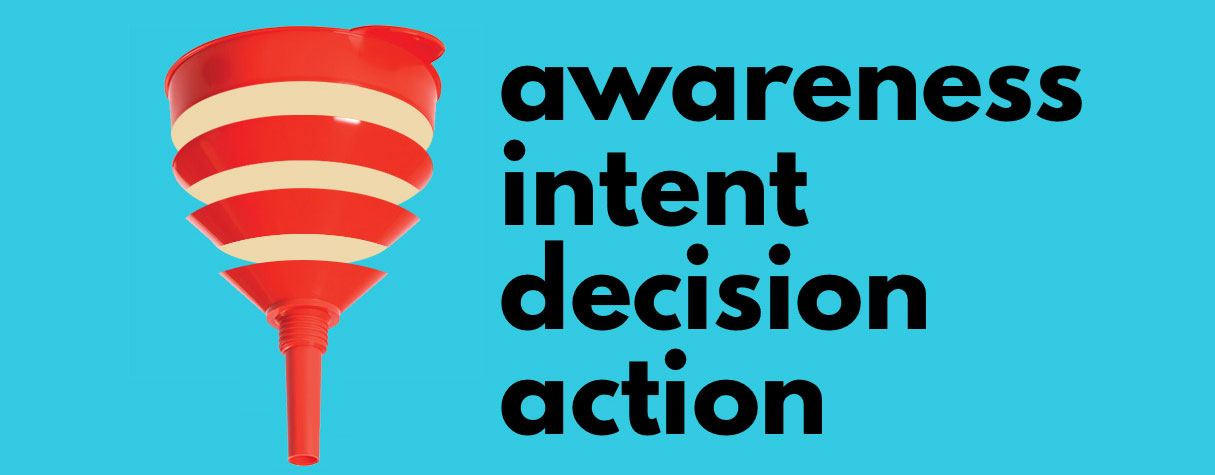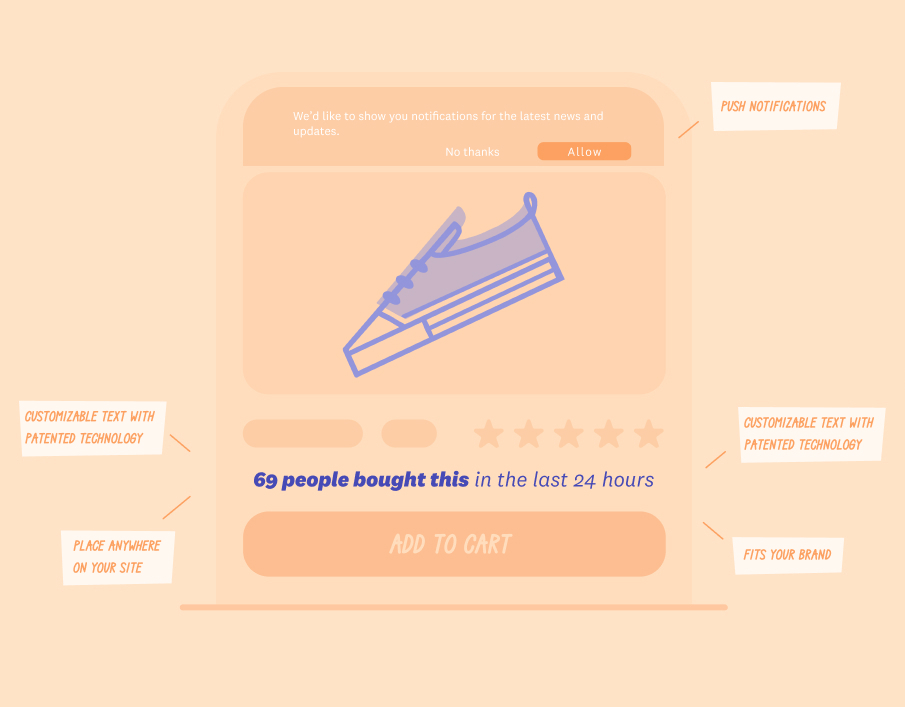Table Of Content
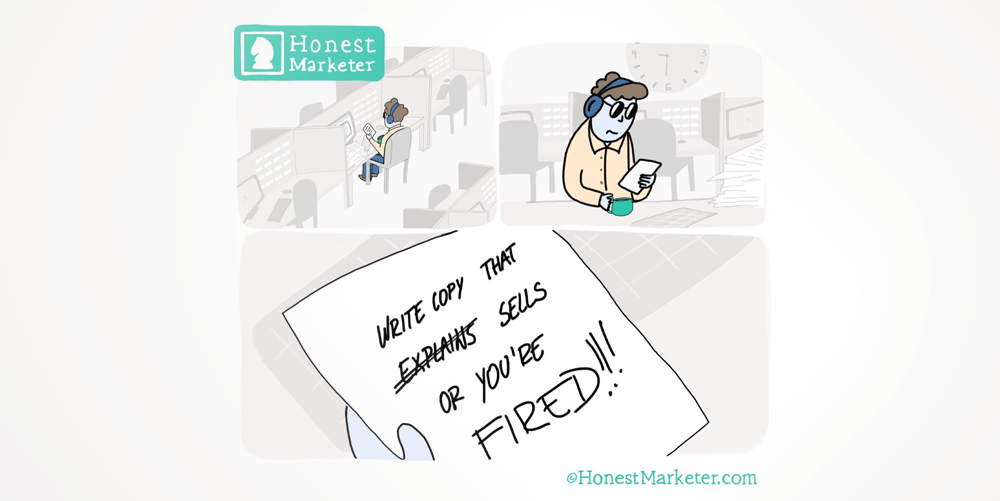
"Whenever you write a commercial, bear in mind that it is likely to be seen by your children, your wife -- and your conscience." -- David Ogilvy
Can you be considered a sinner if you never heard about religion? If what you do for a living is considered dishonest at its core by everyone, can you claim that you are an honest person?
I admit that this is rather existential. But if you’ve never questioned your line of work as a marketer, it’s because:
A - You've been more honest than a saint, or
B - You are so accustomed to pulling tricks from up your sleeves that your conscience became numb to it. Which is a bad sign.
Even if option B is the one that describes you the best, I suspect that it isn't entirely your fault.
For example, I've learned "dishonesty" in college -- at ISCEE, the first business school of Cabo Verde Islands. It was my freshman year, and I was taking an introduction to Marketing Management class. The teacher asked two of my classmates to simulate a sales situation.
One student would be a seller in a fashion store, and the other would be a customer with exquisite taste and a lot of money to spend. The catch? The product that the customer wants is out of stock.
It was a short simulation. As soon as one of the students let these words gain life from her mouth: "Oh I am so sorry, but we don't have the product that you are looking for". She was interrupted and the scene ended.
The teacher was furious: "you can’t ever say that to a customer, you lie to them then you go buy the product in the store next door and resell it to the customer, if you have to".
That day I learned that it doesn't matter what you do, only one thing mattered at the end of the day: the sale. Of course, the teacher framed it as "serving the customer by always providing what they came in looking for".
That teacher couldn't be more wrong. We can point the customers to a store that has the product. This is helping a customer as well.
The first time I applied this -- sale trumps everything -- dogma, it left a bitter taste in my mouth. From that moment forward -- by my own experience --, I knew that if become a dishonest marketer I will be miserable for the rest of my career.
By the looks of the current state of the marketing industry, which is full of dishonest practices, I came to understand that my teacher wasn’t advising us with malicious intent. Probably some teacher along the way or some mentor told her the same thing.
And there is an army of gurus out there making sure that marketing will keep having a bad name. In his book about advertising, Luke Sullivan says:
“Every year, as I’ve been in advertising, Gallup publishes its poll of most and least trusted professions. And every year, advertising practitioners trade last or second-to-last place with used car salesmen and members of Congress.”
Who doesn't remember the famous, hilarious and audacious comedy bit from the late Bill Hicks – "By the way if anyone here is in advertising or marketing…kill yourself" – it illustrates the feeling people have toward us:
On the other hand, there are a lot of marketers out there fighting the good fight. I decided to reach out to some of them, to ask a few questions about honesty and marketing.
The first is Jim Clair, who used to be a copywriter Sith, who decided to make an unusual conversion to the force and became a Jedi. And I am glad. He is an amazing marketer, and a overwhelming writer. Nowadays he spends his time, reading books (that he hopes are great), lifting weights, writing articles, and providing insights about copywriting on Twitter.
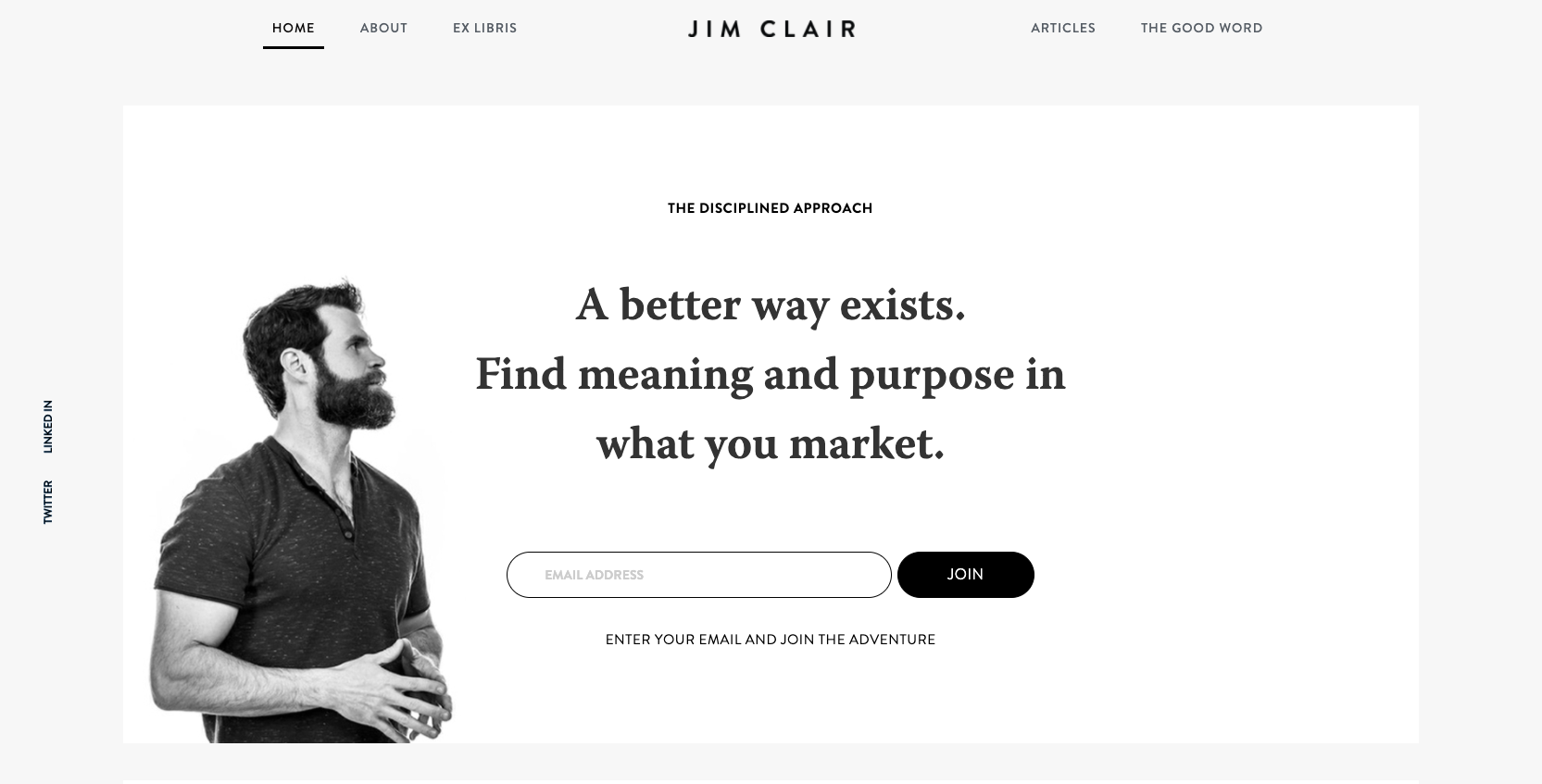
The next one is a guy that knows how to stand the f*** out, he uses his French accent to let us know that everyone hates marketers. He has an awesome podcast, a fantastic newsletter, and writes great essays. The prodigious Louis Grenier. Besides that, Louis has this amazing hobby, he trolls bad marketing on Linkedin. Be careful, you might go there to enjoy the trolling, and stay for the great content.
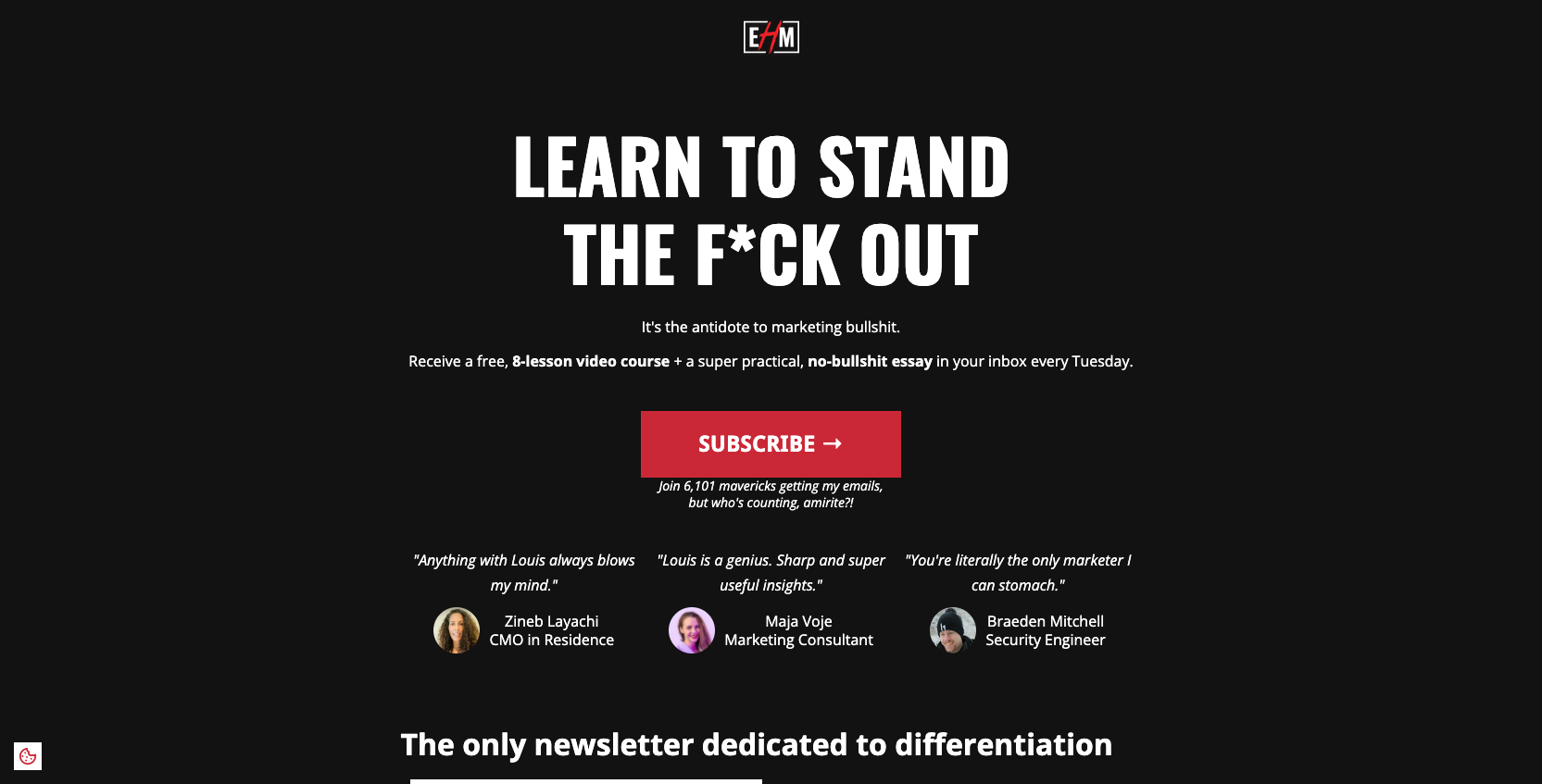
Last but not least, the person that you need to call to fix your email marketingcampaigns, because let’s face it, they probably suck. Of course, I am talking about Val Geisler. Besides being an email geek, and a magnificent copywriter, she is a great person to follow on Twitter. She has pop culture references, she gives marketing tips, and she even shares great job opportunities on her timeline.
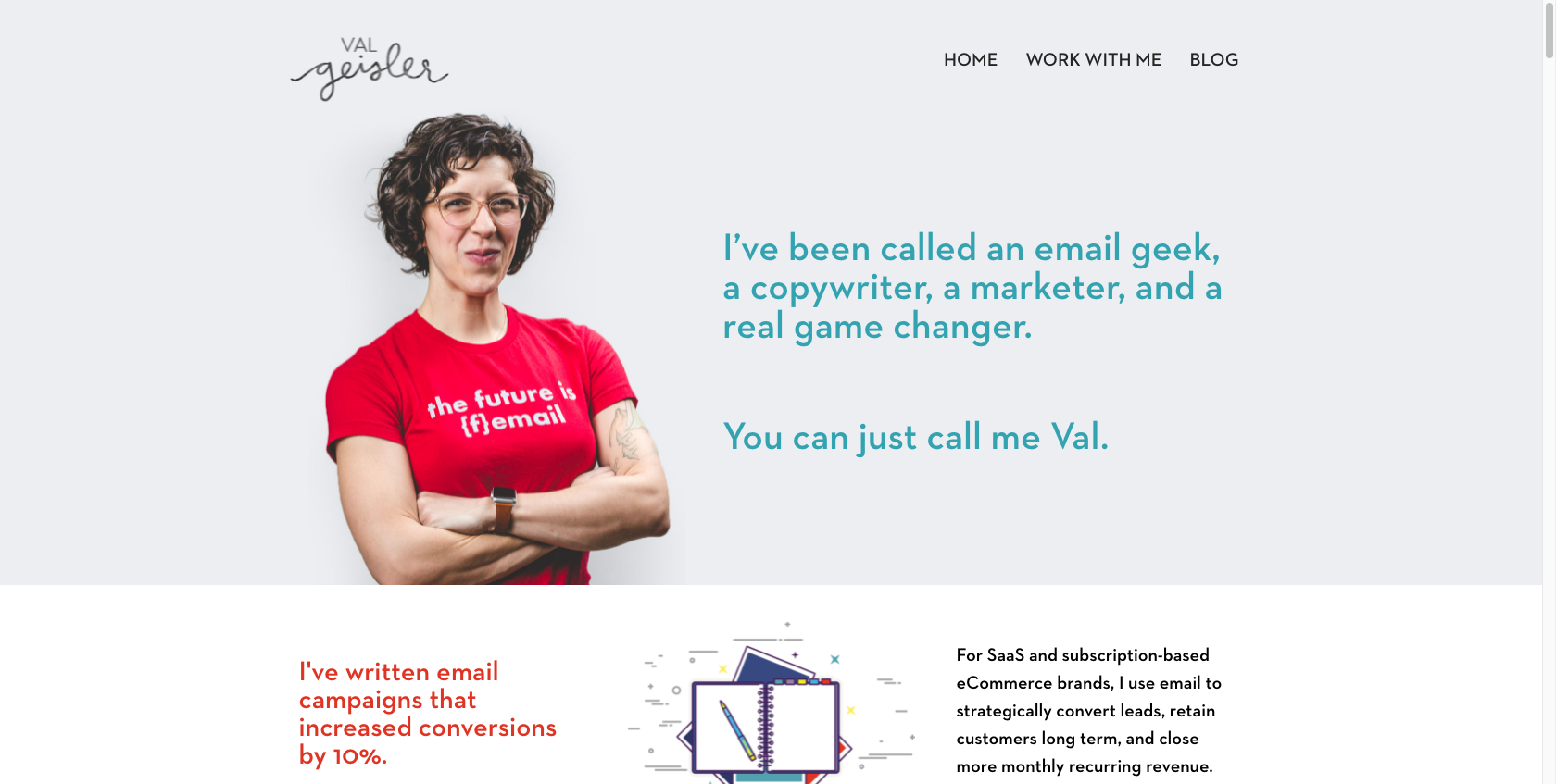
At first, I wanted to use their answers as references to an editorial piece about honesty in marketing. Their responses were so distinct and refreshing that I decided to use the expert roundup format to show you their thoughts. I hope that you like it.
Becoming a marketer: how did it happen?
Jim: I started by selling cars when I was in high school, I was 17 at the time, it was a family business. I was just below the average as a salesman. I didn't know much about marketing, besides the branding side.
After improving my selling skills, I started working at direct marketing for an affiliate marketing company, writing video sales letters.
It's funny because I didn't know anything about marketing/copywriting, so I was just using my writing to sell in the same way that I would sell something if someone was there standing right in front of me.
Louis: it was a book that I had to read when I was at my older brother's place in Paris. it was the French principles of persuasion by Robert Cialdini, I read it and I was fascinated by the psychology of, why people do or don't do stuff and how simple changes can make a big difference and that's when I started to discover marketing as a change agent instead of anything else.
Then I made the intersection between this and the small projects that I had done in high school and the fact that I spent all my young days on computers and the internet and that’s kind of when it made sense.
Val: I didn't actually choose marketing, marketing kind of chose me. I was hired by a company to write for their blog. I wrote for my blog, for my own business as content marketing.
This is how I started, I guess. Just content marketing at first, and then email marketing inherently because the company I was hired by was an ESP.
How did they feel about the profession's bad reputation, and what were their expectations at first
Jim: When I got into direct marketing I didn't really think marketing had a bad reputation. I knew there were a lot of scummy practices in the car business you know there was plenty of scamming practices I knew there was false advertising. I was aware of all that when I got into online direct marketing. But I didn't quite connect that field with a bad reputation right away.
One thing that [I] noticed was: when people talk about content, they say that authentic content sells, but these guys don't give a shit about the content. It's just like this chore to get out of their way.
Or they manufacture their content in a way where it's not authentic simply to do the sales pitch. It's very surface-level information. So, you have the fabricated stories, anything that gets conversions. What they are doing is using creativity -- which is important for marketing -- to do dishonest stuff.
Louis I actually never really thought about marketing as something bad. Looking back I think I had very big dreams and objectives about it. [My] views of marketing that were quite ideal, especially since I was reading books by Seth Godin. Good stuff, I just had no experience in it.
So I was seeing it from the outside perspective, I think. In general, the only bad side of marketing I thought about was ads, bad ads to be more specific.
Val: I don't think marketing has a bad reputation per se. I do think that there's a reputation and marketing of it being easy. There's also this trope about all the people in tech that are women are marketers. And I really don't like that.
I don't like how that is portrayed, like if you work in tech and you're a woman you must be a marketer. Of course, I am a woman and I work in tech and I happen to be a marketer. I have a different skill set than an engineer. I'm not less smart. I just learned different things.
From a philosophical perspective: is marketing immoral? Is it fundamentally dishonest?
"you can shine transparency and what your competitors are doing in a very elegant way if you use creativity." – Jim Clair
Jim: I don't think marketing is immoral. I think marketing is a needed aspect. Sure there are a lot of nuances. But in a pragmatic way, why do companies do marketing? They obviously want people to trust their brands. Marketing helps them get the message out to more people, and also to qualify the right people for that message. But marketing isn't everything. There are other people who do survive without, you know the standard marketing method.
Should every marketer follow a strict moral code? I think so. I agree with David Ogilvy, you shouldn't advertise something or create an ad that you wouldn't be comfortable showing to your family. I am not saying that you can't do something risqué, but I think there has to be transparency and integrity about it. A sense of trust that the product really helps other people solve their problems.
You can be ruthless and honest, at the same time. So being an honest marketer doesn't necessarily mean you're being a pacifist, you can shine transparency and what your competitors are doing in a very elegant way if you use creativity.
Louis Yeah, it's a tough one. marketing is a tool, and tools can be used to help or harm people despite their original purpose was never to hurt. And there are degrees to marketing, it's extremely difficult I think for any profession to be entirely moral -- like, where do we draw the line in defining these boundaries in the industry when you start thinking about the supply chain of a specific product that you are selling? This is a complex one. In the book, This Is Marketing, by Seth Godin I think he mentions that marketing can be used for good or evil.
Okay, but could the exploitation of humans’ psychological and behavioral principles make marketing a dishonest profession?
"...everything, whether conscious or even subconscious, that made us survive all these millions of years, exploits humans’ psychological and behavioral principles." – Louis Grenier
Jim: I don't think that the exploitation of psychology and behavior is the main problem. I'd say that lying is. Lying is what makes your marketing efforts dishonest. For example, you can press on people's emotions by giving a really good deal and using scarcity to 'force' them to buy.
Sure you can be aggressive about it as long as you are being honest. You are trying to move some inventory, and people are going to get a good deal in the end. I mean, as long as everybody is winning, it's going to be okay.
Louis: Yeah it could be, but at the same time I think that everything explores humans’ psychology and behavior. Every interaction that you have is based on the fact that you're trying to increase your status or keep it intact.
We manipulate people using the way we talk, the way we dress, and so on. As I said, everything, whether conscious or even subconscious, that made us survive all these millions of years, exploits humans’ psychological and behavioral principles.
We are seeing more and more marketers speaking against marketing dishonesty. Is it just a trend or are marketers trying to give marketing a good name again?
"I think marketers are starting to realize that the short term BS marketing isn't working, it's very unstable. there's a lot of fast money but then it goes away. And then on the other end, I think there is a movement towards sunlight that is all about transparency and honesty. And that's awesome." – Jim Clair
"Nowadays, anybody with a brain and an internet connection can do marketing." – Louis Grenier
Jim: [I] can easily see a guru saying I'm not going to teach you how to do marketing using bullshit tactics, [even when] they have no clue about what they're saying. They're just saying it because they are trying to build trust. They heard four or five gurus saying it so they just repeat it thinking they're honest.
Are they fundamentally being dishonest themselves? I mean I've said in my work before a lot of these guys are too stupid to realize what they're doing, those guys aren't going to understand that what they're doing is still fundamentally dishonest.
Others will tell you that you shouldn't lie in your marketing while doing exactly that. They don't care, they will do everything that can bring short-term results. I think marketers are starting to realize that the short term BS marketing isn't working, it's very unstable. there's a lot of fast money but then it goes away.
And then on the other end, I think there is a movement towards sunlight that is all about transparency and honesty. And that's awesome.
Louis: Nowadays, anybody with a brain and an internet connection can do marketing. With more noise, more and more people are getting in contact with 'marketers', and a lot of them are getting deceived, and this is changing those people.
They are starting to detect what is BS and what is not. I think most of us that are trying to change things are living in a bubble. There aren’t a lot of marketers out there speaking out against all these marketing BS.
Val: I think so. There is Louis from Everyone Hates Marketers for example, and I think a lot of people are talking against bad marketing. I don't think it's just a trend, [I think] people are truly trying to share what marketing can be.
I'm definitely seeing more and more marketers willing to follow the customers and listen to what they have to say instead of following this strict funnel idea where people will start at the top and follow this certain path all the way down. That's not necessarily true for a lot of your customers.
Helpful and informational marketing VS manipulative marketing
Jim: I think, [it] is you actually give away the information. Some of these people like to give away just tidbits of the information and keep an open-loop making you buy the rest of the information you need.
But with good information, you are going to draw people in, and it's going to make people feel safer. Good information creates expertise and people want, anything you're selling, they want to deal with experts. So trying to open-loop and not give away all the information is ridiculous. I can understand teasing curiosity about the information.
For example, let's say I decide to create an online course. Well, I'm not going to put the course online for free, but I can say here's what you're going to learn in the course, and then I can give some information about the problems that the course will help people to solve. I think that good sales pages actually define the problems the product is going to solve.
Louis: [Informational Marketing] servers people first, and expects results because there is a trust in the process. The other tricks people to make money.
Are the consumers becoming savvier and cutting through marketing dishonesty?
"people learned to hack others, they learned to learn from other people's mistakes, they are getting better at it and smarter about it" – Louis Grenier
Jim: I don't think consumers are that aware of all the marketing content out there, and I am certain that they can't label the tactics that marketers are using on them. But [I think] they are noticing that there's something off, and even unconsciously tuning out the bad marketing.
Louis: people learned to hack others, they learned to learn from other people's mistakes, they are getting better at it and smarter about it -- the fact that there is so much information out there is making people more immune to shitty stuff. Overall, I will say again that we are in a bubble where this is happening, and it is quite early to notice any major trends. Perhaps we will see it more with the newer generations.
Principles of honest marketing
"Instead of trying to paint yourself always in the best light possible, you can learn to use and leverage weaknesses or strengths." – Jim Clair
"serving people first and trusting the rest [will follow]" – Louis Grenier
"keeping the customer in mind, first and foremost is key." – Val Geisler
Jim: It's a matter of being honest and transparent if the numbers aren't that great I think there is, I guess you could call it a method. Instead of trying to paint yourself always in the best light possible, you can learn to use and leverage weaknesses or strengths.
So for instance, if you are a small business you can make the customers see that they will get a real relationship with someone that values every single transaction that you do together. It may take longer to deliver, but you are going to make sure that the experience is great for them.
On the other hand, if you are a big company, make sure that you play your hand right, show your customers that you are professional, that you can take care of their orders, and you can do it fast.
As I said, it is all about radical honesty, you should always say the truth. It's just a matter of knowing how to leverage weaknesses and strengths and how to qualify the people you want.
Also, you have to know when you are not there yet. You have to know when the product isn't good. And go back to the drawing board.
Louis: serving people first and trusting the rest [will follow]. You should focus on the process of serving people, and understand that marketing is the change agent to serve people and not just to make money.
I think that's the biggest one of all, focusing on first principles instead of best practices, and in understanding human psychology.
Val: keeping the customer in mind, first and foremost is key. Everything goes back to the customer, that's the most honest marketing you can do. Providing solutions to the problems that your customers are facing.
That is marketing.
And that's something that anyone can do. We all can talk with our customers and listen to the problems that they have, understand them, and give them what they need.
Can honest marketing standards be beneficial to a business?
"it's the only way to be beneficial because decent relationships are formed in the long term" – Louis Grenier
"connecting with your customers, helping them, make them feel seen and heard is a great path to success for any business." – Val Geisler
Jim: Sure, it goes back to the same thing I already said about leveraging your strength and weaknesses. When you do it right, you will qualify the right people for your business.
Louis: it's the only way to be beneficial because decent relationships are formed in the long term -- over and over again --, the most successful marketing campaigns are from companies that are honest, in essence, and by successful I mean: a profitable campaign that leaves a good reputation, and the CEOs/Founders get to sleep at night without thinking they're fucked with people.
Val: Yeah, absolutely. It helps attract more people who want to understand your business and helps connect with your customers in a really meaningful way. And ultimately, our choices as consumers are vast, and connecting with your customers, helping them, make them feel seen and heard is a great path to success for any business.
My conclusions about Honest Marketing
As Norman Osborn told Peter Parker once: "you know, I'm something of a marketer myself", so it would cowardice to put others in the spotlight while I stay behind the curtains. I will give my two cents about honest marketing as a conclusion for this article:
- never lie, if you have to lie to get a sale you already lost your right of calling yourself a marketer.
- don't let quick results interfere with your process. marketing sometimes is slow, you have to trust the process. "100 hacks to grow your startup" blog posts won't save you.
- focus on the people you are serving. it is their problem that you are trying to solve, not yours. from the moment you start seeing them as numbers on a spreadsheet, or just data on the CRM, that will be the time that you will start doing shady stuff because you are more interested in what they can do for you than vice versa.
- plan for the long run and build a relationship with your customers. some will churn, but the majority will stick around if you treat them like the people they are.
- use the silver rule: don't do to others what you wouldn't like others doing to you.
Or we can continue to be voted -- year after year -- as one of the most dishonest professions out there. And we can continue to be the subject of jokes like the one in Luke Sullivan's book:
Dear Ann: I have a problem. I have two brothers. One brother is in advertising. The other was put to death in the electric chair for first-degree murder. My mother died from insanity when I was three. My two sisters are prostitutes and my father sells crack to handicapped elementary school students. Recently, I met a girl who was just released from a reformatory where she served time for killing her puppy with a ball-peen hammer, and I want to marry her. My problem is, should I tell her about my brother who is in advertising? Signed, Anonymous.
Can we avoid a tragedy of the commons with dishonest marketing? Probably not, it is already happening. But if we all start doing our part we may be able to revert marketing’s bad name in the future.
Here at Fomo, we have created resources to guide you in your journey to become an honest marketer, and I hope you join us in this fight after reading our manifesto.
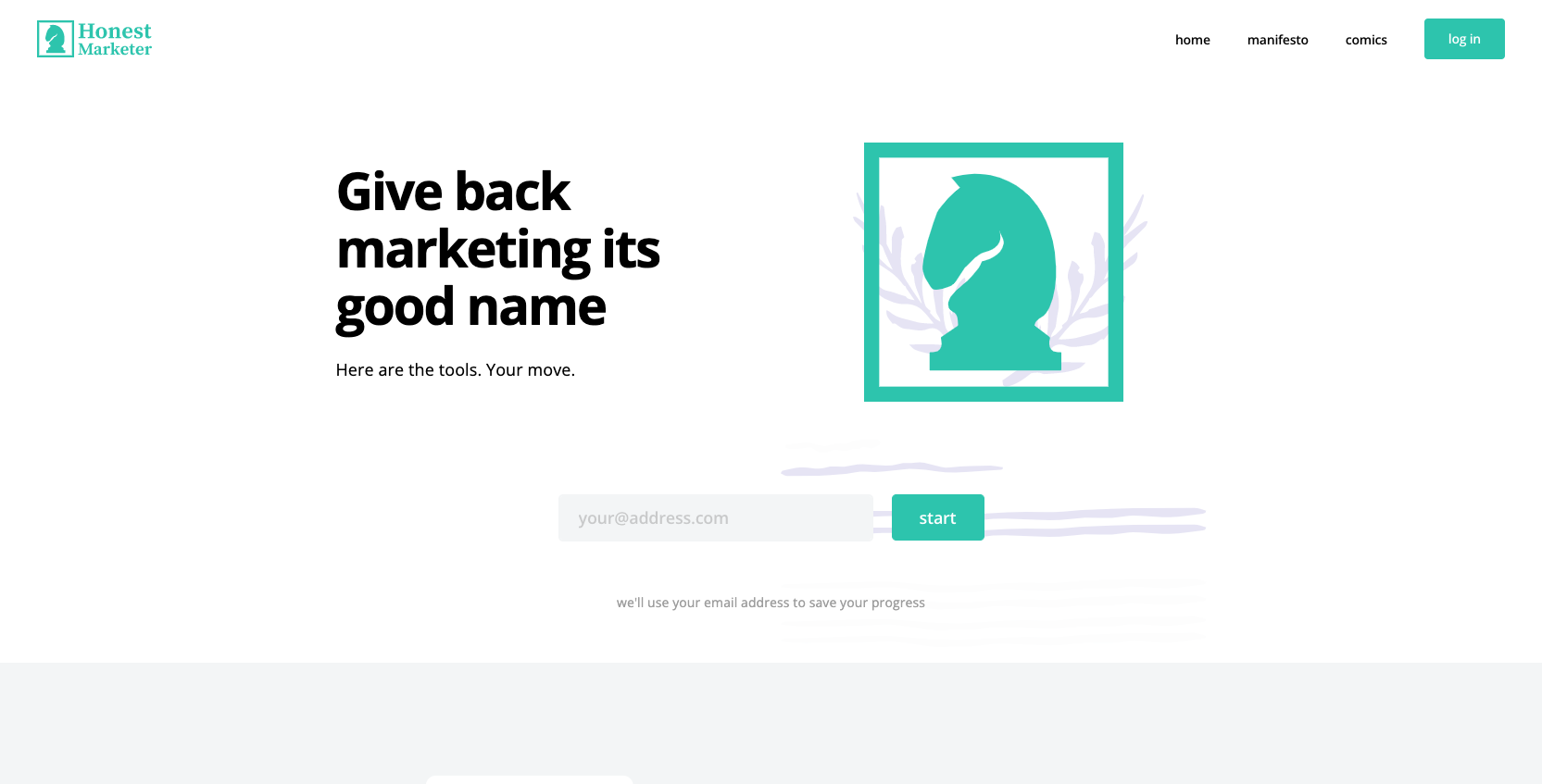




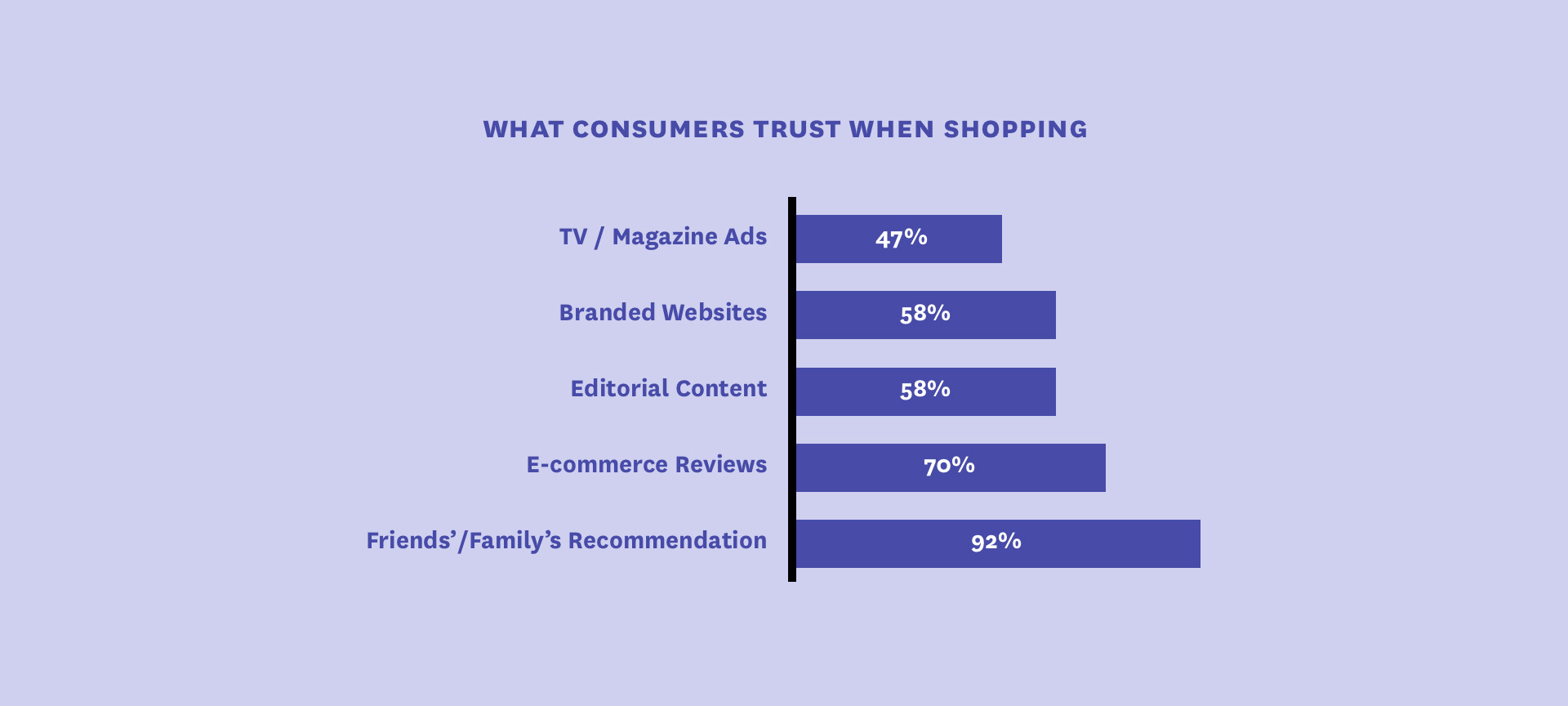
 1.svg)
 1.svg)
